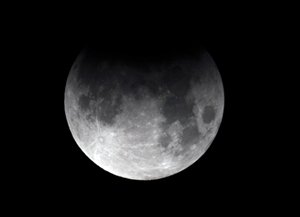When you’re getting ready for baby and poring through all kinds of medical information, baby books and blog posts, you’re bound to come across a few eyebrow-raising theories about pregnancy. For example, have you heard the one about how more babies are conceived during a full moon than any of the other moon phases? This seems pretty believable, especially since there are so many other theories out there about how the full moon impacts people’s behavior. But is it fact or fiction?
Read more: 5 common mistakes new parents make
There haven’t been that many studies about this, believe it or not, so most of the information out there is based on the personal experiences of women and health care providers. But the idea that conception occurs most easily during a full moon has been around for centuries. For the ancient Romans, it was common knowledge that conception was related to the moon, which is why the goddess of fertility was also the goddess of the moon. Other civilizations noticed moon-related patterns to conceptions, too, in people, animals and fish.
The lunar effect focuses on the moon’s gravitational pull, which is responsible for the tides. Many people think that since a woman’s body is made up mostly of water and that menstruation and ovulation basically follow a lunar cycle, it makes sense that the moon affects conception and childbirth. But so far there isn’t any really convincing evidence.
However, a study was done in India that found that women were more likely to have male babies during a full moon. So, while no one really knows whether the whole lunar effect idea really has a place in natural pregnancy tips
, it doesn’t hurt trying to conceive around the time when the moon is biggest if you’re having fertility issues or want to increase your chances of having a boy!
